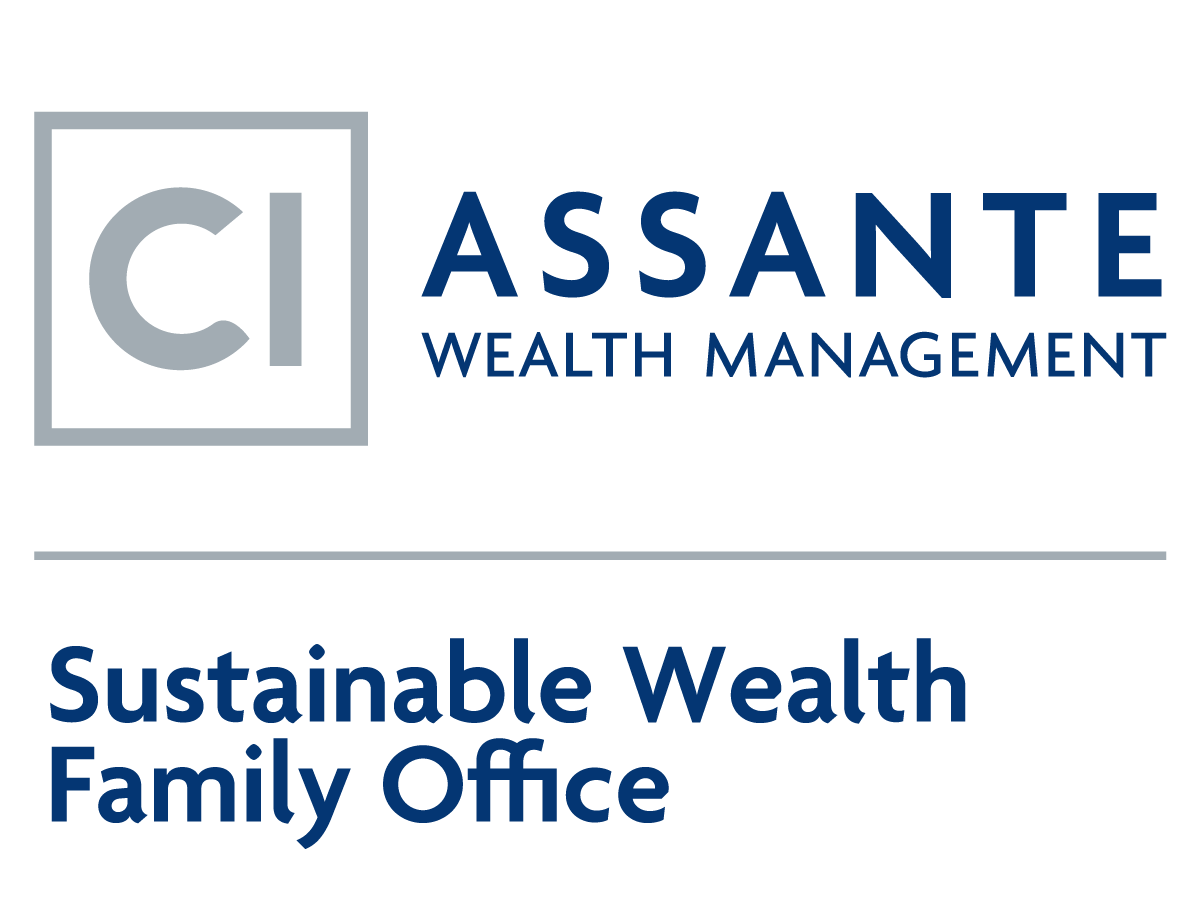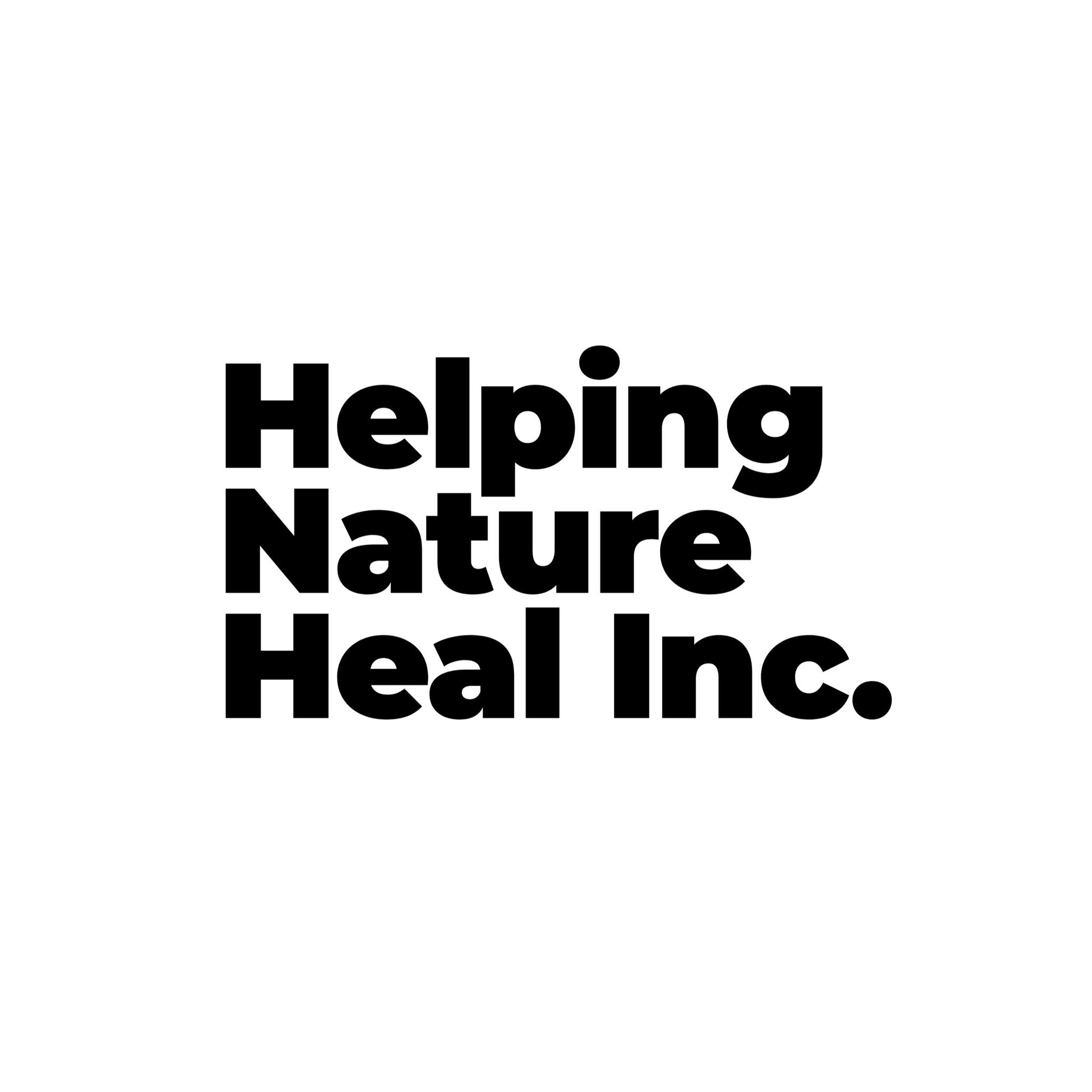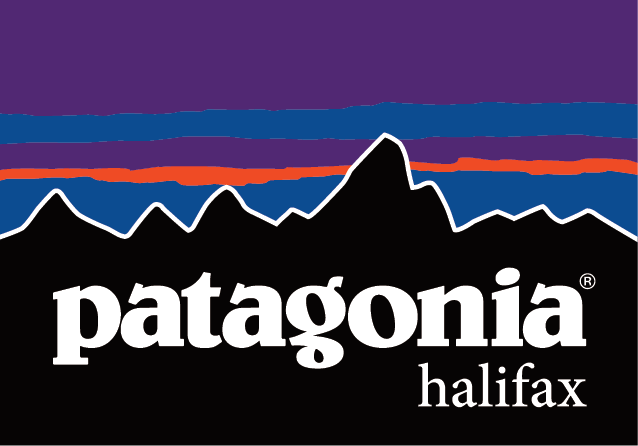Our Sustainability Allies are a carefully selected group of businesses who believe in a mandate of environmental stewardship and social justice. They seek to promote the values and mission of the Ecology Action Centre (EAC) while also making an annual contribution to our work.
We wish to recognize and thank these incredible partners for their support and for believing in the value of protecting the environment. As we stare down multiple ecological and social crises, working together to shape our collective future is more important than ever. We’re proud to have our Sustainability Allies by our side as we fight for a just, sustainable world.
Learn more about our Sustainability Ally Program by reading our intro package. To inquire about becoming a Sustainability Ally, please fill out our contact form below or contact EAC's Relationship Development Officer, Emily Fearon, at emily.fearon@ecologyaction.ca.
Meet our current Sustainability Allies
CI Assante | Sustainable Wealth Family Office
"For over 30 years, I’ve been working with clients to help consider their social, environmental and ethical concerns that applies to their money. Part of that includes investing in local community projects such as renewable energy projects. I’m a socially responsible investor and I support my clients in choosing high-quality investments that align with their values."
- Richard Nickerson, CDFA, CFP®, CI Assante
Read the full interview with CI Assante
Why do you value a partnership with the Ecology Action Centre?
I believe the EAC is doing the job our government should be doing, including taking measures to protect nature and our environment. EAC is extremely active and vocal within our community and I respect its leadership on environmental issues. Some of my values apply to food, nature, and the environment which aligns well with the values of the EAC so forming a partnership was an easy decision.
What kinds of things are you doing within your business to have a positive impact on our environment or community?
For over 30 years, I’ve been working with clients to help consider their social, environmental and ethical concerns that applies to their money. Part of that includes investing in local community projects such as renewable energy projects. I’m a socially responsible investor and I support my clients in choosing high-quality investments that align with their values.
Personally, why is the environment/community development important to you?
On a personal level, I’ve always had an appreciation for the environment and nature. As a family with two children, we try to be as active as possible outdoors and I hope that my children will always strive to protect and conserve our environment.
On a larger level, respecting and protecting our environment is imperative to the economic development that will help attract quality people to our province.
Domus Realty

"Domus Realty has been a trusted brokerage in the community for 36 years, and we're committed to making sure our clients' homes are safe investments in the face of our ever changing world including climate change. We view our commitment to sustainability and social responsibility as an integral part of how we can give back to the community that has supported us."
- Anne Pryde, realtor and green home specialist with Domus Realty
Read the full interview with Domus Realty
What drives your commitment to sustainability and social responsibility, both personally and within your business?
Domus Realty is a locally owned and independent brokerage. We know how important it is to invest in the community. We believe that supporting local initiatives helps build stronger communities for everyone and generations to come.
Domus Realty has been a trusted brokerage in the community for 36 years, and we're committed to making sure our clients' homes are safe investments in the face of our ever changing world including climate change. We view our commitment to sustainability and social responsibility as an integral part of how we can give back to the community that has supported us.
Why do you value a partnership with the Ecology Action Centre?
Both Domus Realty and the Ecology Action Centre have aligned values that are deeply rooted in the local community. Partnering with the Ecology Action Centre provides Domus with valuable opportunities to learn from the Centre's expertise and experience in environmental advocacy and sustainability initiatives. Domus Realty has a policy of continued care for our clients that goes beyond the action of purchasing or selling property. We offer ongoing support as clients make decisions that safeguards their investments and contributes to a more sustainable built environment. By partnering with the EAC, we enter into a symbiotic relationship allowing us to better support our clients while contributing to the amazing advocacy and educational roles the EAC excels at.
Personally, why is the environment/community development important to you?
Our team is composed of families, with children, grandchildren, and fur babies. We serve a wide variety of people, many of whom have been with us for multiple generations. Domus Realty is incredibly grateful to be a part of each person's legacy. We hope to ensure that our legacy is a community that has access to equitable, safe and livable spaces.
What kinds of things are you doing within your business to have a positive impact on our environment or community?
The business is implementing several initiatives to positively impact the environment and community. We have recently undergone a technology update to move towards a paperless office. Encouraging virtual meetings and phone meetings has reduced vehicle emissions. Phasing out single use plastics and installing heat pumps at the office to reduce our carbon footprint. Organizing learning opportunities for our realtors, and supporting local environmental initiatives. Domus Realty also promotes sustainable practices among our clients by offering resources and guidance.
Helping Nature Heal 
"On a personal level I feel deeply committed and responsible for all my actions. I feel that each of us has an inherent ethical duty to do our best to respect, and protect the environment, after all if we don’t have clean air, water and food what is the point of our lives?"
- Rosmarie Lohnes, Helping Nature Heal
Read the full interview with Helping Nature Heal
Why do you value a partnership with the Ecology Action Centre?
I appreciate the work that the EAC does, the organization seems to be at the forefront of all environmental issues, and has good exposure speaking out about issues. I often see a representative on the evening news, or a rally of some sort in the media. I like the public awareness.
What kinds of things are you doing within your business to have a positive impact on our environment or community?
I strongly believe that healthy environments require resilient communities. At Helping Nature Heal, we contribute both time and energy to local community projects focused on environmental sustainability and food security. This year, we’ve even hired a Community Engagement Manager to take the lead on this important work.
We also pride ourselves on sourcing local materials and using ecological practices. This is includes carpooling, recycling, seed-saving, organic materials and services from trusted suppliers within a 100 km radius, environmentally friendly office practices, and a strict no chemical policy.
Our whole company is about healing the earth and our connection to it, which in turn heals us. I am deeply committed to enacting this mission at all levels of our work at Helping Nature Heal.
Personally, why is the environment/community development important to you?
On a personal level I feel deeply committed and responsible for all my actions. I feel that each of us has an inherent ethical duty to do our best to respect, and protect the environment, after all if we don’t have clean air, water and food what is the point of our lives?
 Laughing Whale Coffee
Laughing Whale Coffee
"What affects one, in the long run, affects us all. When we support one another we are all lifted up."
- Steve and Deborah, Laughing Whale Coffee
Read the full interview with Laughing Whale Coffee
Why do you value a partnership with the Ecology Action Center?
EAC’s work on environmental protection and sustainability aligns directly with our own values. Working with this dedicated group inspires us and strengthens our commitment to find new ways to make a positive difference within our company and community.
The number of issues that EAC tackles and their track record make them truly remarkable. We first approached EAC with the idea collaboration in 2007. Since that time, we have donated twenty-five cents from every retail bag of coffee sold in Nova Scotia to support their work and it has been one of the more gratifying aspects of our business.
What kind of things are you doing within your business to have a positive impact on our environment and community?
As members of Cooperative Coffees (a co-op of roasters in Canada and the US) we contribute to their Coffee, Climate Initiative which funds coffee farmers to make sustainable improvements to their farming practices to help alleviate the effects climate change. All our coffees are organic and Fairtrade certified, which translates into healthier conditions for farmers and the soils they cultivate. Fairtrade premiums (for community development above and beyond the market price of the coffee) improve living conditions and a guaranteed minimum price protects against downturns in commodity markets.
We also:
- Purchased the first heat recycling roaster in Canada in 2009 to reduce fossil fuel usage.
- Are members of five Farmers’ Markets and have served as Directors for two of them.
- Give our coffee grounds and chaff to farmers for compost and chicken bedding.
- Use around 2000 recycled grocery store boxes annually to pack orders.
- Give a discount to customers that bring their own travel mugs or reuse their cups.
- Are actively engaged in pushing packaging manufacturers for cup and bag products that will actually compost in our municipal waste systems.
We also regularly donate to a number of other community organizations: Council of Canadians, Second Story Women’s Center, Kingsburg Coastal Conservancy, Fisherman’s Hospital, Engineers without Borders, Dalhousie Sustainability, Surfing Association of NS, ACORN, Farmers’ Markets of NS to name a few.
Personally, why is the environment/community development important to you?
Before launching Laughing Whale Coffee Roasters, our careers involved working for social justice, indigenous rights, international development and women’s rights, environmental protection and renewable energy. We want our coffee to be a vehicle for change by giving back both at home and in coffee producing countries because it gives us a way of making a real difference and deepens our connection to the world.
Patagonia Halifax
"As an outdoor company, and as outdoor enthusiasts ourselves, we value the spaces we play, live and work in. If we can play a role in helping our community, and preserving the places we love, that’s what we strive for."
- Emilie Chiasson, regional manager of Patagonia Halifax
Read the full interview with Patagonia Halifax
What drives your commitment to sustainability and social responsibility, both personally and within your business?
At Patagonia Halifax, we’re in business to save our home planet. As an outdoor company, and as outdoor enthusiasts ourselves, we value the spaces we play, live and work in. If we can play a role in helping our community, and preserving the places we love, that’s what we strive for. Here in Nova Scotia we are driven by the local demands to protect our coastal communities, wetlands, and old growth forests.
Why do you value a partnership with the Ecology Action Centre?
The Ecology Action Centre is at the forefront of all environmental issues impacting Nova Scotia. Partnering with them means we are actively aligning ourselves with a group whose main goal is to advocate for our local environment. We continue to be inspired by their work and are driven to strengthen our own commitments and contributions.
Personally, why is the environment/community development important to you?
We can’t do business on a dead planet, and we know that everything we make has an impact. We wouldn't be in this business if we didn’t think we could do it differently. We aim to use our store to support people in making informed choices about what and how they buy. The clothing industry is dirty, and what we buy is what the industry will become. We believe that together we can change how clothes are made. We demand recycled inputs, organic cotton and natural fibres, fair working conditions, and the best made product that is built to be easily repaired in the future. At our core, our environmental impact starts with the products we produce and sell in our store.
We also know that behind every good business, is a great community. It will be through building relationships and serving and collaborating with our community that we can work towards a better future.
What kinds of things are you doing within your business to have a positive impact on our environment or community?
Environmental activism and community development intersect as a core pillar of our business. We approach community development through outreach and engagement efforts. We use our space and our resources to elevate local campaigns and provide easy access for our customers to learn about how to get involved. As a proud 1% for the Planet member, we are also committed to donating 1% of our sales to local environmental non-profits. This keeps us committed to giving back directly to efforts in Nova Scotia that we know will have a lasting impact.

